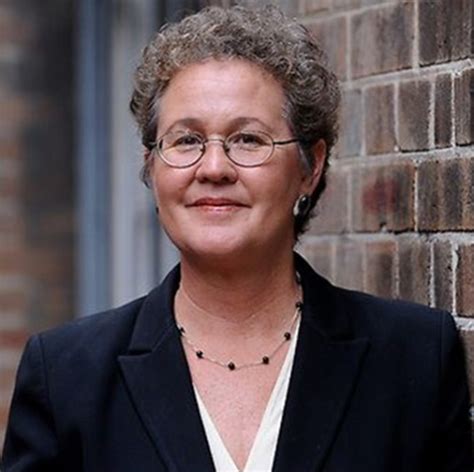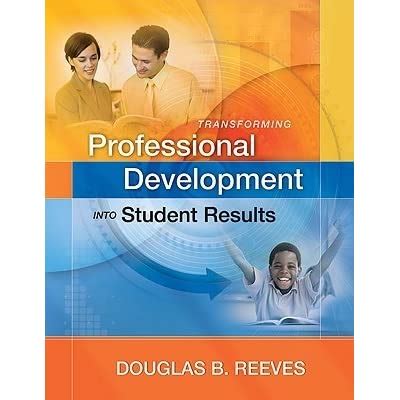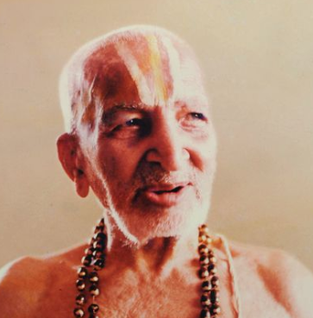A Quote by Paul Lockhart
If teaching is reduced to mere data transmission, if there is no sharing or excitement and wonder, if teachers themselves are passive recipients of information and not creators of new ideas, what hope is there for their students?
Related Quotes
Data isn't information. ... Information, unlike data, is useful. While there's a gulf between data and information, there's a wide ocean between information and knowledge. What turns the gears in our brains isn't information, but ideas, inventions, and inspiration. Knowledge-not information-implies understanding. And beyond knowledge lies what we should be seeking: wisdom.
Bureaucratic solutions to problems of practice will always fail because effective teaching is not routine, students are not passive, and questions of practice are not simple, predictable, or standardized. Consequently, instructional decisions cannot be formulated on high then packaged and handed down to teachers.
It is part of the educator's responsibility to see equally to two things: First, that the problem grows out of the conditions of the experience being had in the present, and that it is within the range of the capacity of students; and, secondly, that it is such that it arouses in the learner an active quest for information and for production of new ideas. The new facts and new ideas thus obtained become the ground for further experiences in which new problems are presented.
For teachers, getting annual test scores several months after taking the test and in most cases long after the students have departed for the summer sends a message: Here's the data that would have helped you improve your teaching based on the needs of these students if you would have had it in time, but since it's late and there's nothing you can do about it, we'll just release it to the newspapers so they can editorialize again about how bad our schools are.
As a teacher and parent, I've had a very personal interest in seeking new ways of teaching. Like most other teachers and parents, I've been well aware painfully so, at times that the whole teaching/learning process is extraordinarily imprecise, most of the time a hit-and-miss operation. Students may not learn what we think we are teaching them and what they learn may not be what we intended to teach them at all.
We have to remember that information sharing is restricted by legal barriers and cultural barriers and by the notion that information is power and therefore should be hoarded so if you share information you can extract something in exchange. In today's digital online world, those who don't share information will be isolated and left behind. We need the data of other countries to connect the dots.
Differentiated Instruction is a teaching philosophy based on the premise that teachers should adapt instruction to student differences. Rather than marching students through the curriculum lockstep, teachers should modify their instruction to meet students' varying readiness levels, learning preferences, and interests. Therefore, the teacher proactively plans a variety of ways to 'get it' and express learning.
Teachers and students (leadership and people), co-intent on reality, are both Subjects, not only in the task of unveiling that reality, and thereby coming to know it critically, but in the task of re-creating that knowledge. As they attain this knowledge of reality through common reflection and action, they discover themselves as its permanent re-creators.





































